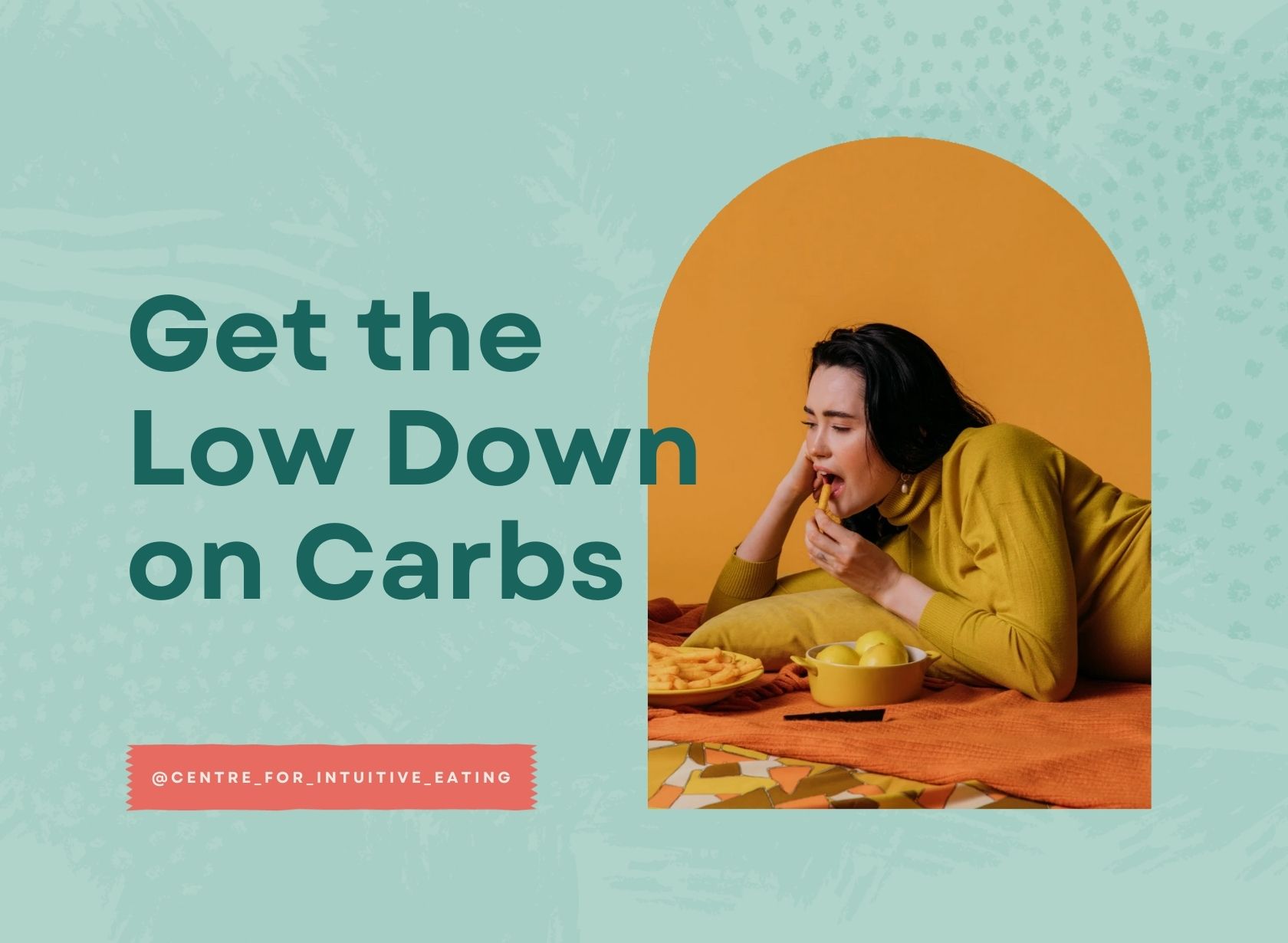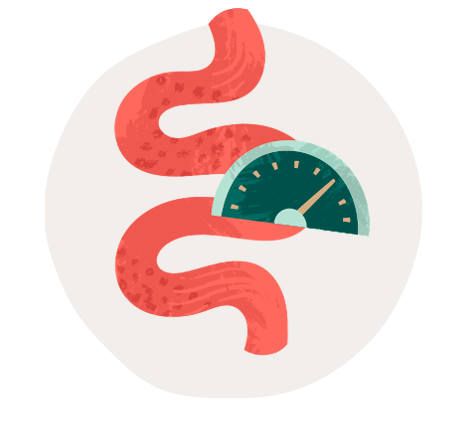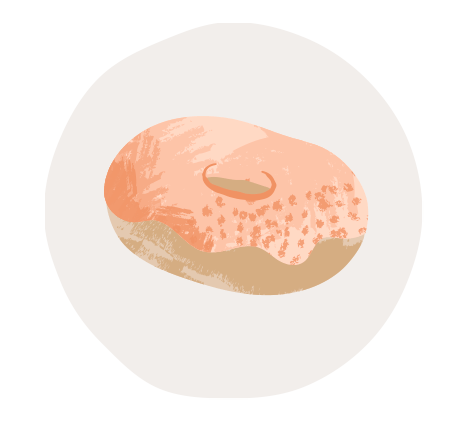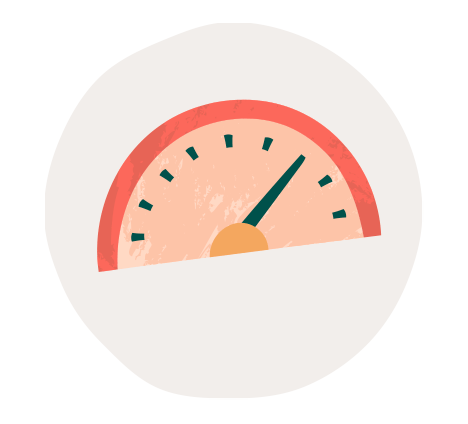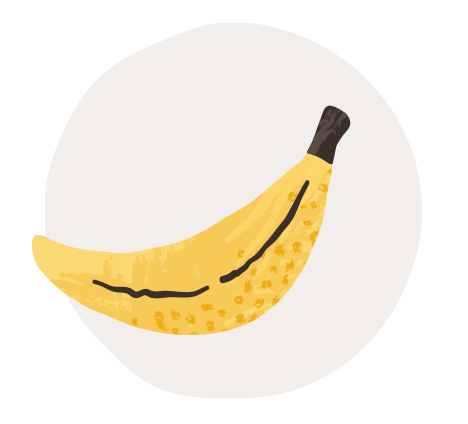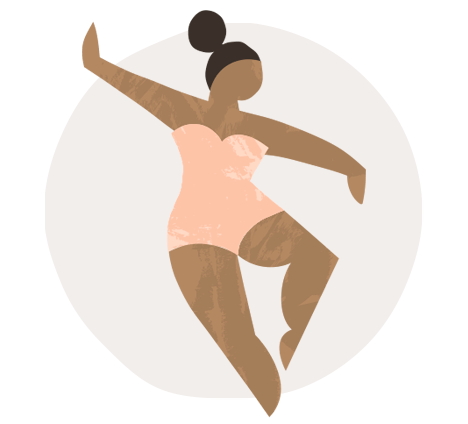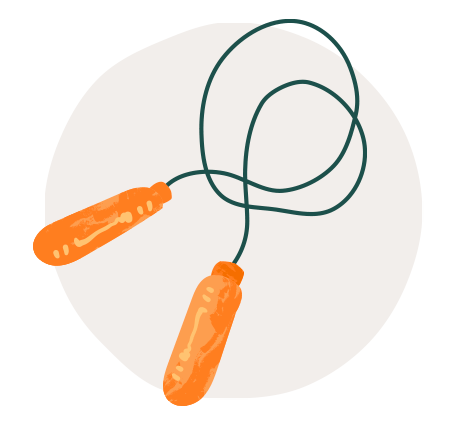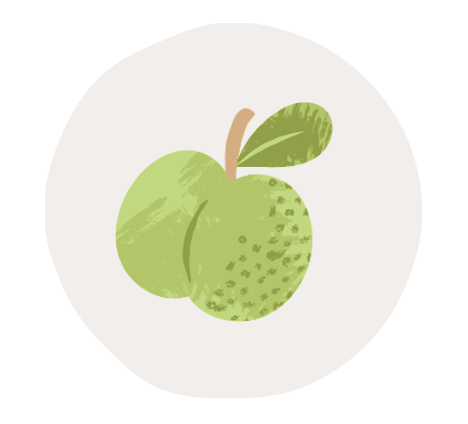Item number one: carbs always were, and always will be, an essential power source for your body and brain.
People make drastic food choices without actually investing the time into the research & evidence. Did you know that the evidence that exists for the ketogenic diet (i.e. low carb/no carb), is for its use with epileptic children?
Remember that the brains ONLY fuel source is glucose AKA carbohydrates. So without sufficient carbohydrate intake, all the processes that the brain functionally carries out will be compromised i.e. expect reduced concentration, fogginess, black & white / rigid thinking, decreased emotional regulation, increased obsessive thoughts, easily irritated, the list quite literally goes on.
If carbohydrates are our brains only fuel source, then consuming inadequate/too low amounts of carbohydrates is likely to slow our brain activity, right?
It begs the question: why, as a healthy adult, would you want to slow your brain activity?
The evidence for the ketogenic diet is to treat hard to control epilepsy in children. Diet culture has co-opted keto BIG time & paints it as a socially acceptable thing to partake in for everyday jo-blo’s.
Ketosis = the body in an acidic state = not healthy.
Why we get bombarded with ads on TV of a man happily exclaiming “I lost 5 pounds cause I’m in ketosis!” is beyond me.
Ketosis is celebrated, yet it’s not at all a hallmark of health.
I’m convinced some people are generally so deeply nutritionally misinformed from diet culture, but I also believe some people full well know the information they are passing along is incorrect & choose to pass it along anyway. Or some, perhaps, are suffering from disordered eating themselves & passing it along to others unknowingly.
In summary: Carbohydrates are necessary for your health. Incredibly so!
If you have some cognitive distortions or fears around carbs, book in for an appointment & we can talk about carbs, why you need them, & what happens when you’re not having enough of them.
PS cutting carbs is also the gateway to intense sugar cravings, because sugar is a carb, a fast acting one. So if you crave sugars often, it could be possible you are not eating enough complex carbohydrates consistently throughout the day (i.e.~every 3-4 hours minimum).
Also, and certainly interestingly, the absence of carbohydrate over prolonged periods of time prevents the amino acid tryptophan from entering the brain where it is converted to serotonin. The result: a decrease in serotonin levels and the risk of mood changes associated with too little of this neurotransmitter. Serotonin-releasing brain neurons are unique in that the amount of neurotransmitter they release is normally controlled by food intake, specifically, carbohydrate consumption, acting via insulin secretion and the “plasma tryptophan ratio”, increases serotonin release. This is where people usually start understand why it may be that when we feel down or depressed, we MAY reach our hands out for fast acting carbs. This can have both a biological & psychological basis.
From my observation and discussions, many people hold a fear that eating carbs will make them gain weight. This requires a lot of exploration. At a surface level there’s a fear of carbs and perceived subsequent weight gain, but usually under that at a root level is some sort of sense of self and self worth work. So I do want to highlight this.
But firstly, remember this – most weight that is lost during keto/cutting carbs is water weight & also muscle breakdown. For every 1 gram of carbohydrate, 4 grams of water follows. Carbo-HYDRATE. Carbohydrates hydrate us. So cut carbs = cut water. On top of this, we have stored glucose called glycogen in our muscles & in our liver. In times where carbohydrates intake is insufficient, the body chews into these “reserve stores” to break down & use as energy for the body. Meaning? Muscle breakdown. Which is likely to = weight loss on the scales. Many people are simply losing muscle and water when reducing carbs/following keto and then regaining (thank God) muscle and water upon resumption of adequate carb intake (which is a 10/10 move for your health to reintroduce those bad boys). Click here to view a resource on “Carbohydrates: myths & facts” to learn more.
When I educate people I get different responses. 1. “I honestly had no idea how essential carbohydrates were” i.e. genuinely a lacking knowledge of accurate nutrition information 2. “I know how important carbohydrates are for my health but I don’t care if I’m going to gain weight from having them”. Your body, your choices. I give you the info & you choose what you pick up.
We are truly living in a culture that fears carbs. 50 years ago the craze was “low fat”. Right now in our culture the craze is “low carbs”. 50 years from now it’ll probably be something different to “fear”.
Reflection point: Why would it need to change so frequently if it were legitimate? Educate yourself so that when distorted trends shift, your perceptions don’t have to.
In my experience, most people fear 1. At a surface level – carbohydrates, 2. At a root level – fatness / weight gain, and 3. Way, way, way beneath that is – self-worth & sense of self work. Build a sense of self so sturdy that when the culture changes and eventually shifts, your sense of self doesn’t have to shift along with it.
If you cut out carbs, it’s likely you’ll lose weight. That doesn’t automatically make it healthy. If our culture weren’t so obsessed with getting smaller, & our healthcare system & health & fitness industry were not so fixated on weight stigma & celebrating weight loss including reinforcing or endorsing it above all else, while demonising anything that moves the other way, this would be a lot less confusing for people. It would probably be easier for people to be healthy <— that’s purely my personal opinion on the matter.
It’s important to get curious that if the changes you’re making in your life are influenced by a desire for better health, or for conforming to societies belief that getting smaller & losing weight automatically = health.
These are often, 2 very different things, 2 very different paths.
Letter from a frustrated Dietitian just trying to take down diet culture & help people reclaim their health xx

WRITTEN BY MONIQUE JEPHCOTE
Accredited Practising Dietitian + Certified Intuitive Eating Counsellor

WRITTEN BY MONIQUE JEPHCOTE
Accredited Practising Dietitian + Certified Intuitive Eating Counsellor
